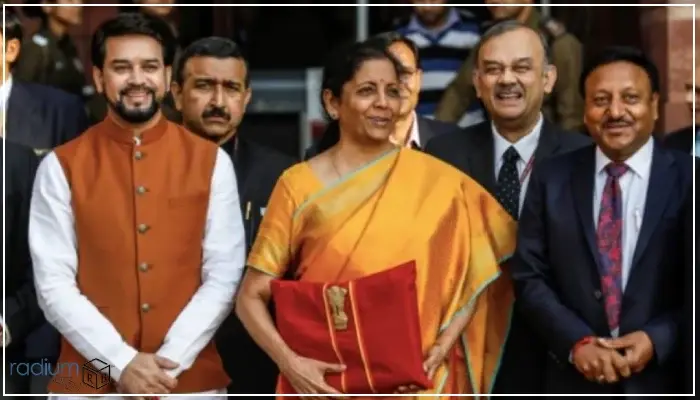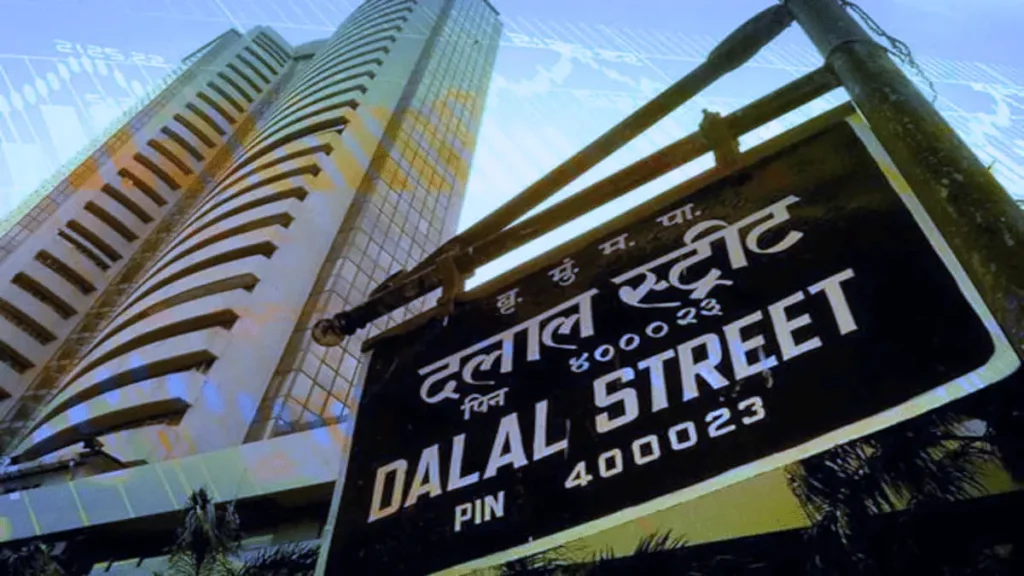The Finance Minister’s Union Budget focuses on three pillars: inclusive welfare, digital transformation and sustainability, and private investment leveraging. All of this is geared at shifting the country’s focus away from the pandemic and toward ‘India @100.’
The three pillars have the potential to have a positive influence on MSMEs and the startup environment in the country in the short and long term. Many small businesses have been impacted by the epidemic, and they will require further assistance in the form of improved market access to remain competitive and participate in global value chains.
There are certain direct benefits for MSMEs and startups, which include the following:
- The Emergency Funding Line Guarantee Scheme (ECLGS) has been extended until March 2023, which will assist MSMEs in obtaining the necessary credit to enable them to recover from the pandemic. The fund’s budget would be increased to Rs. 5 lakh crores, which will help to increase the number of recipients.
- In the same vein, the Credit Guarantee Trust for Micro and Small Enterprises (CGTMSE) will be restructured to give an extra Rs. 2 lakh crore in credit. A new programme, RAMP (Raising and Accelerating MSME Performance), with a budget of Rs 6,000 crores over five years, aims to boost MSMEs’ competitiveness and enable them to participate in global value chains.
- The linking of portals such as Udyam, e-Shram, National Career Services, and Atma Nirbhar Skilled Employer-Employee Mapping will assist MSMEs in formalising skilling, credit facilitation, and recruiting services.
- The tax incentives for eligible startups have been extended for another year.
- Increased emphasis on digital banking, payments, and fintech, will create chances for MSMEs to improve liquidity.
Overall, the budget continues to provide much-needed assistance to MSMEs in terms of funding and market access. Small enterprises are the backbone of our country, and they must be strengthened for the economy to pivot to the 9% growth predicted by the Finance Minister.


